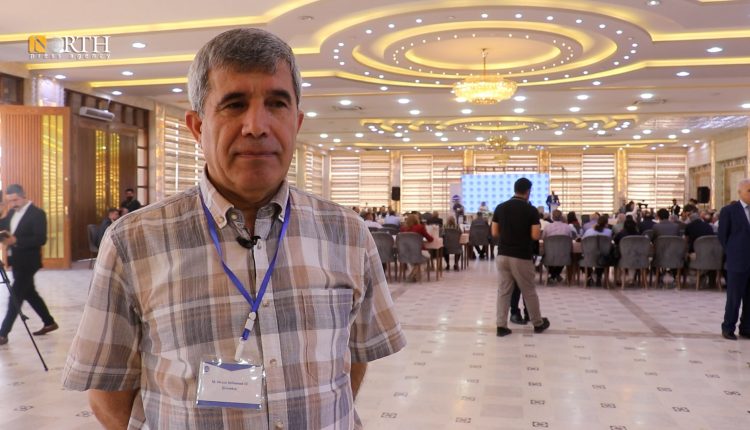Turkish peace process to have positive impact on Syria – SDC
QAMISHLI, Syria (North Press) – The ongoing peace process in Turkey has ushered in a new phase for the region, one that will have positive effects on developments in Syria, an official of the Syrian Democratic Council (SDC) said on Thursday.
Hassan Muhammad Ali, Head of the Relations Office at SDC, told North Press that Turkey appears to have reached the conclusion that the Kurdish issue cannot be resolved through violence, but rather through dialogue.
In February, Kurdish leader Abdullah Öcalan, who has been imprisoned in Turkey for 26 years, announced the start of a new peace phase and expressed his support for an initiative launched by Devlet Bahçeli, leader of Turkey’s Nationalist Movement Party, at the end of 2024.
On May 11, the Kurdistan Workers’ Party (PKK), led by Öcalan, issued the final communiqué of its 12th conference, held between May 5–7. Among its key resolutions were the dissolution of the party’s organizational structure and the official end of its armed struggle.
Observers expect the Turkish government to enact legal measures in the coming period that could lay the groundwork for a peaceful resolution to the Kurdish issue—potentially ending a decades-long conflict that has claimed tens of thousands of lives on both sides.
“We in the Syrian Democratic Council (SDC) have much hope the development of this dialogue and the reaching of negotiations and a solution to Kurdish issue in Turkey will have positive repercussions on Syria,” Muhammad Ali said.
He noted that one of the most significant outcomes would be the removal of Turkey’s long-standing justification that northeastern Syria poses a threat to its national security.
“NE Syria will move from being a threat to Turkish national security to a factor of cooperation based on shared interests,” he pointed out.
Turning to the situation within Syria, Muhammad Ali emphasized, “We did not enter into a war with the central authority. In NE Syria, our war was against ISIS and the fight against terrorism.”
Regarding talks with Damascus, he highlighted ongoing efforts to implement the agreement signed last March between Ahmad al-Sharaa, Syria’s Transitional President, and Mazloum Abdi, Commander in Chief of the Syrian Democratic Forces (SDF).
“Syria has lived through decades of oppression and persecution,” Muhammad Ali said. “The transitional authority in Damascus, also have many points of weakness. They originate from Hayat Tahrir al-Sham (HTS). Therefore, there will be challenges and obstacles in this phase, but we are all required to find ways to confront these challenges and to steer the Syrian ship towards safety.”
He concluded by affirming that the SDC is committed to a strategy of engagement despite contradictions, and that the Council must become a genuine partner in building a new Syria.
“All our efforts and policies that we draw serve the goal of building a better Syria, a Syria for all Syrians, a democratic, pluralistic, and decentralized Syria,” he said.

